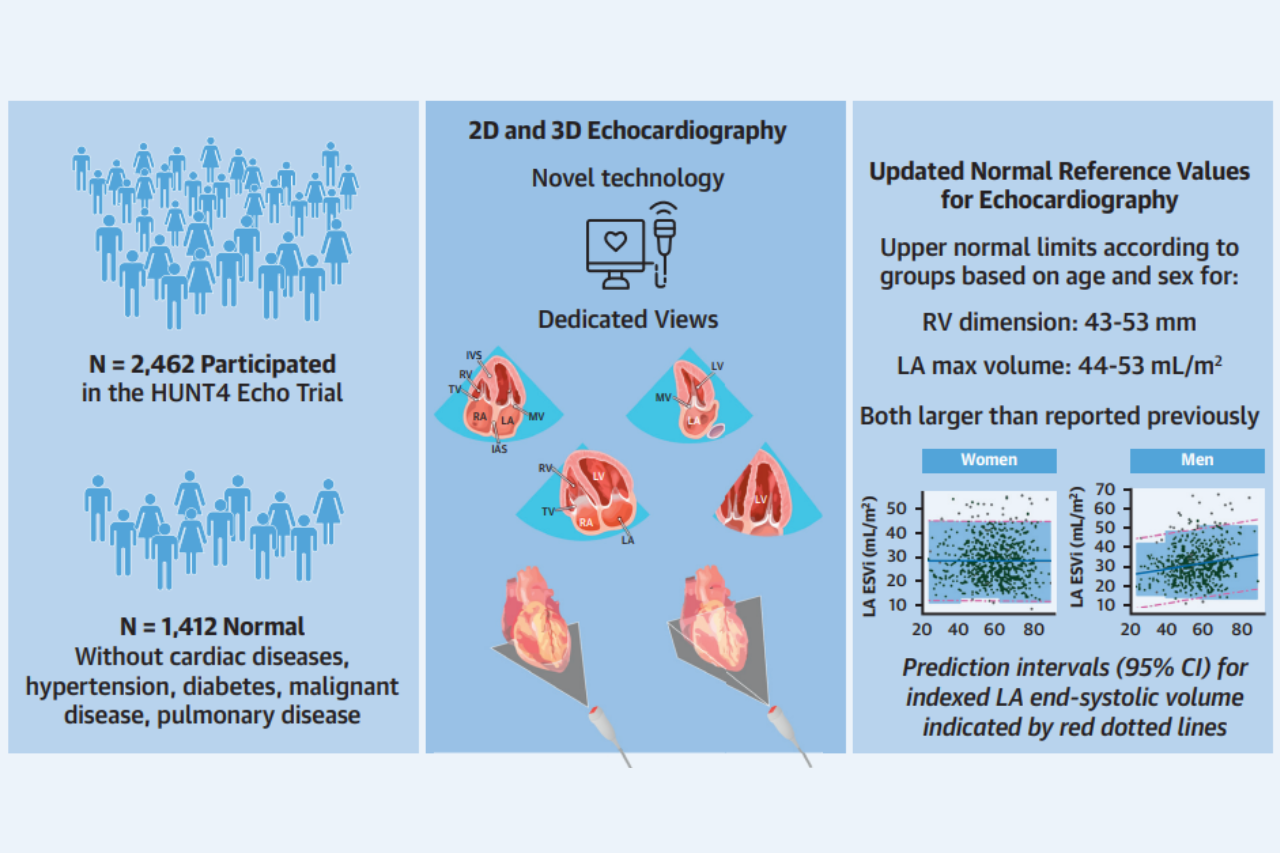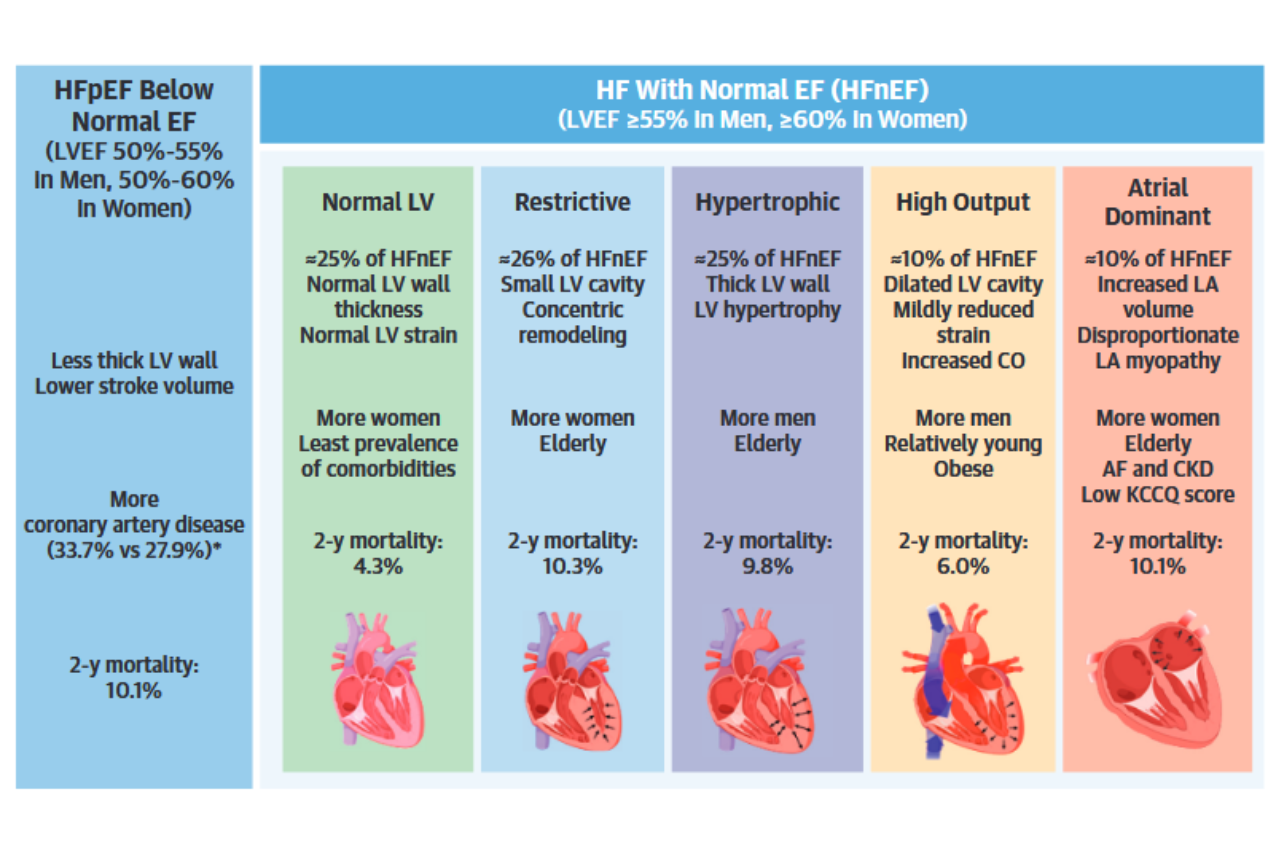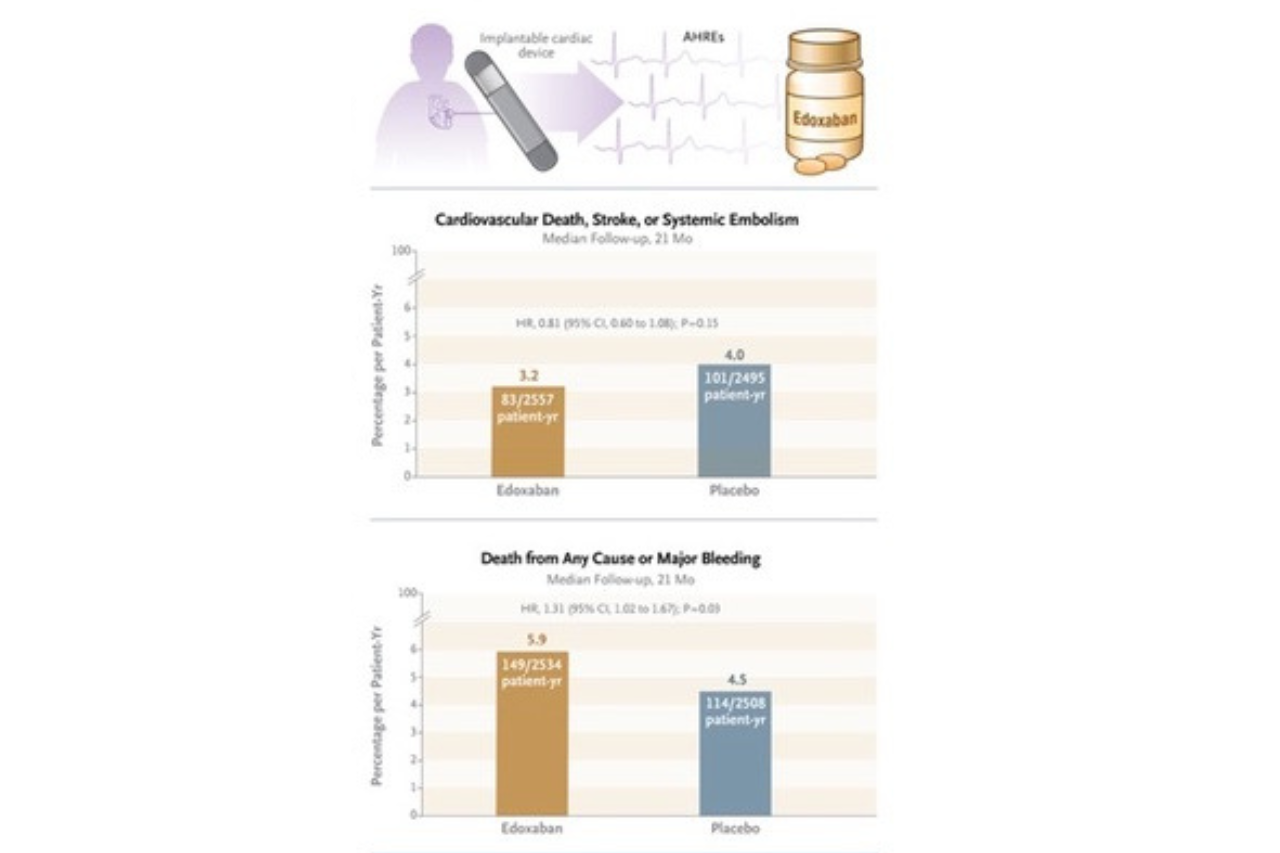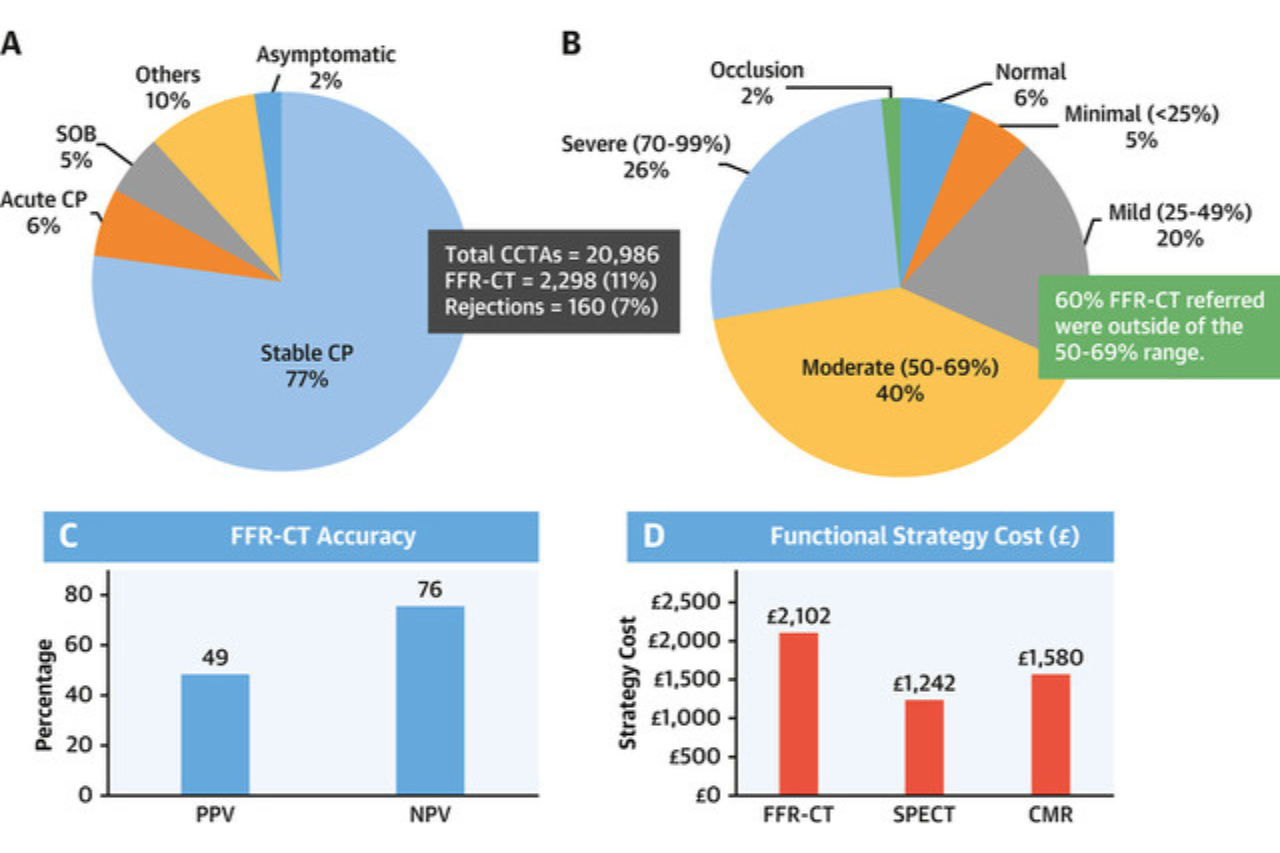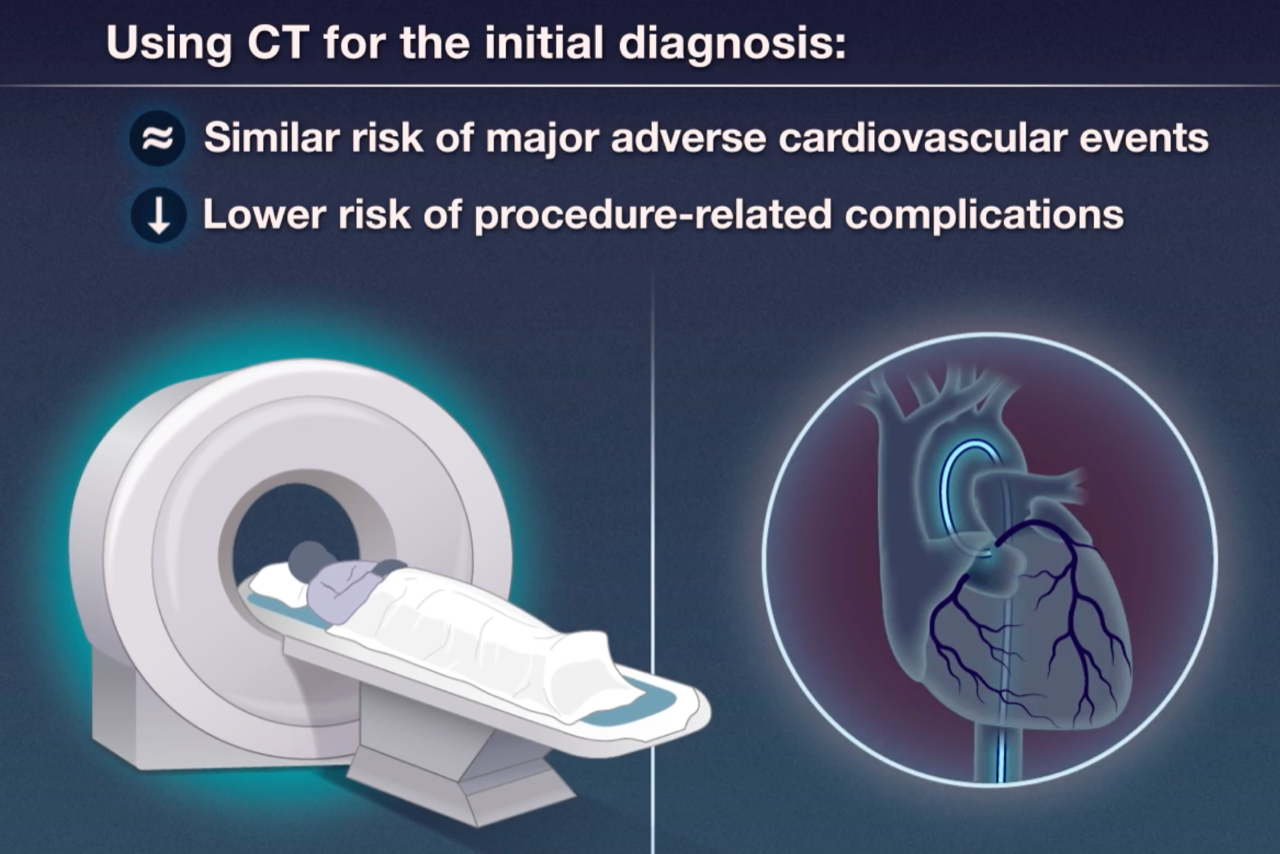Inflammatory risk and CV events without obstructive coronary artery disease
We are delighted to append the link/copy of this knowledge expanding and practice changing publication in The Lancet. We are a proud member of the ORFAN consortium and the writing committee. This work with the contribution of our local research group (TCRG-MKUH) Translational Cardiovascular Research Group – Milton Keynes University Hospital is a milestone of its kind. … Read more


